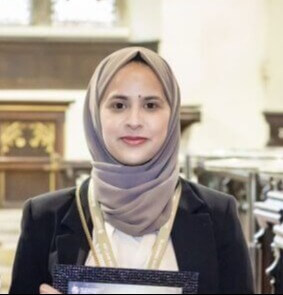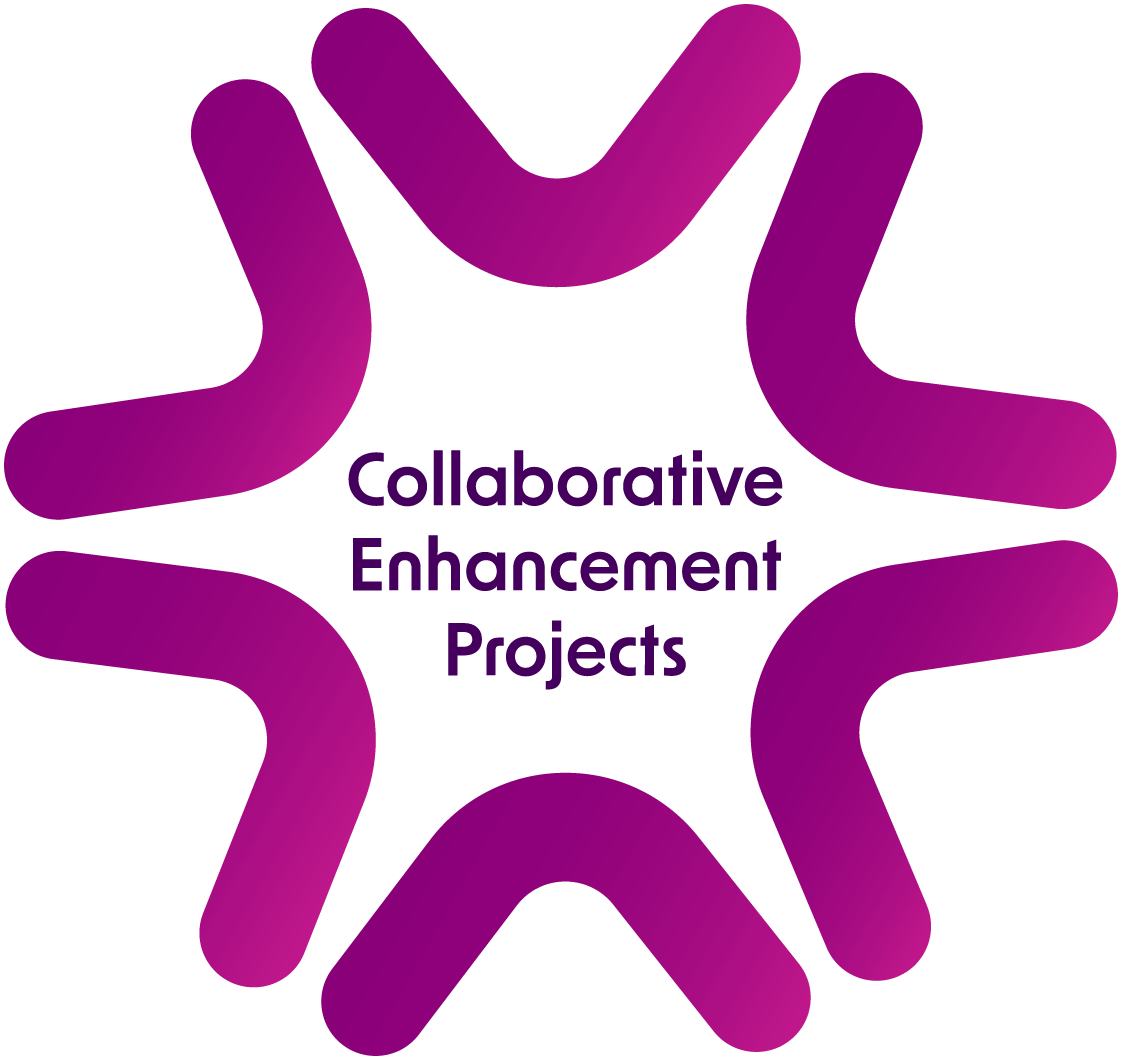
This Collaborative Enhancement Project explores collaborative approaches in higher education to enhance international student experiences. Building on previous initiatives, it emphasises co-creation with students, inclusive frameworks, and staff training. Central aims include improving pedagogy, engagement, retention, and inclusion, underpinned by QAA guidance and a commitment to equality, diversity, and cohesive institutional practice.
Project lead: De Montfort University
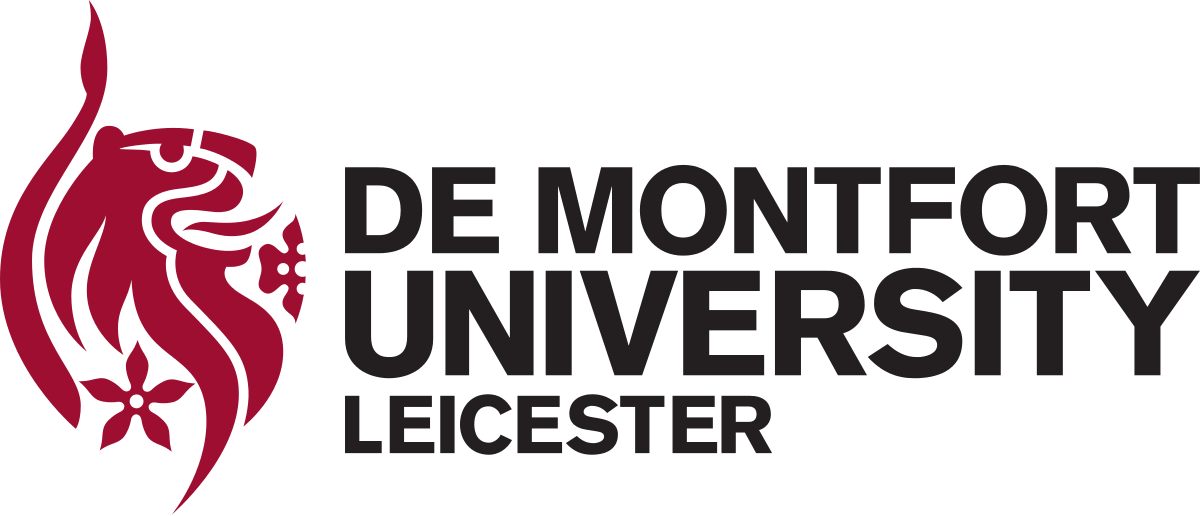
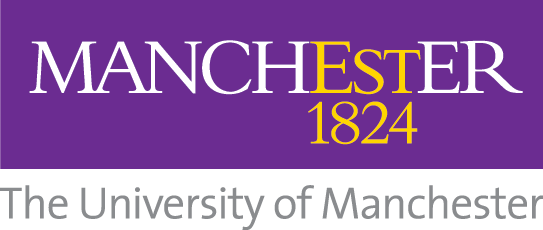
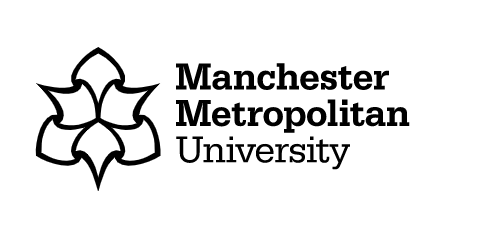

About this project
Across higher education institutions, there is a need to meaningfully engage staff to improve the international student experience and support quality pedagogy.
Authentic examples of good practice require a partnership-based approach with students as co-creators of knowledge. Previous Collaborative Enhancement Projects have evaluated the potential of co-creational approaches to ensure students’ perspectives are central to addressing issues of engagement, retention and inclusion (e.g., guidance for providers including a toolkit, and a framework for inclusive practice).
This QAA project aims to build on these activities with specific reference to existing QAA guidance on Supporting and Enhancing the Experiences of International Students in the UK. It emphasises the need for staff training as a critical element to facilitate cohesive approaches and relationships in working with international students, underpinned by a commitment to equality, diversity and inclusion.

The project will elicit information from participating universities to answer the following:
- What training and resources are available for working with international students?
- How/do those challenge or reinforce deficit narratives about international students?
- How can critical understandings of globalised inequalities such as decoloniality reimagine the international student experience and support reflexive practice?
The project is driven by shared values around developing inclusive strategies that avoid deficit approaches for staff and students. Recent research demonstrates the importance of international student voices in rethinking pedagogies and practices that centre the experiences of international students as co-producers (Lomer and Mittelmeier 2021). This project will enhance the learning experiences for international students by using a co-creation approach to rethink ethical and pedagogical considerations that centre the experiences of international students within proposed staff development outputs. It aims to do this with a strong focus on reflexive practice for staff that acknowledges the complex environment in which they work, shaped by various national and institutional pressures and the surrounding ecology.
Key activities will include collaborative mapping workshops held in each of the four institutions to illuminate the local and customised nature of each institution with different internationalisation strategies and pedagogic priorities. The mapping exercise will identify convergences and divergences between institutional policies (at different levels), staff expertise and experience, and international student perspectives within ethically complex spaces. Participants for these workshops will be colleagues who have previously participated in some form of training related to the teaching and learning of international students, and through the Internationalisation Practitioners’ Network, co-founded by Sylvie Lomer (University of Manchester), a collaborative partner within this project. Participants will identify and review available internal and external resources for working with international students using the guiding questions to analyse them. This will then produce a mapping of resources. Participants will benefit from a critical evaluation framework, co-constructed through the workshops, and the opportunity to apply the critical evaluation framework to the resources to identify and evaluate the gaps in provision.
The intended output for the project takes a co-creational approach to staff relationships, development and training resources. The outputs will include a toolkit comprising the results of the mapping exercise, a deficit narrative audit tool, and a set of best practice recommendations. The toolkit will also act as a reflective tool which provides access to a shared language that supports a critical praxis, to understand the complexities of working with international students. This can begin to shape authentic knowledge-sharing dialogue across various groups, leading to revised approaches to pedagogy and student support. Potential components of the toolkit include a focus on classroom relationships, curriculum design, delivery and assessment all within reconceptualised approaches to supporting international students. QAA members will benefit from a comprehensive list of available outputs annotated with critical evaluations. These outputs can then be embedded within staff induction processes, professional development and PGCert programmes within universities. A final report will capture and summarise the findings from all the collaborative institutions presented as case studies. A potential further output will also include suggestions on further training opportunities and guidance where gaps have been identified across the collaborative institutions.
Although the focus of this project is on working with international students, the outputs from this project will be applicable to multiple different marginalised groups in UK higher education. As part of the dissemination phase, an online International Student Experience Symposium will be organised. This presents an opportunity for sector-wide engagement to understand best practice from across the collaborative universities.
Lead institution:
Sumeya Loonat, De Montfort University
Professor Richard Hall, De Montfort University
Dr Hardeep Basra, De Montfort University
Partner institutions:
